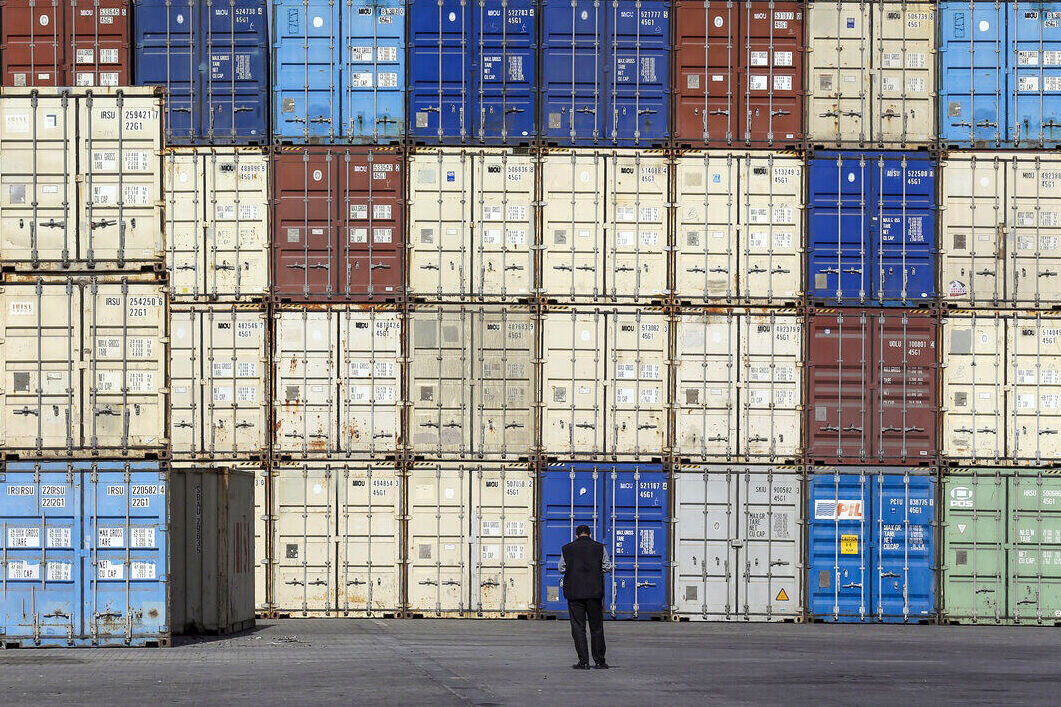Iran’s non-oil exports steady at $25.9b in H1, trade deficit narrows

TEHRAN – Iran’s non-oil exports reached $25.94 billion in the first six months of the current Iranian calendar year (March 21– September 22), nearly unchanged from the $25.92 billion recorded in the same period last year, according to Mohammad-Ali Dehghan Dehnavi, head of the Trade Promotion Organization (TPO).
As IRNA reported, during the mentioned period, the export volume rose by six percent, indicating stronger trade activity despite global and domestic challenges.
Speaking ahead of the 29th National Export Day ceremony, Dehnavi said last year marked a record-breaking performance for Iran’s non-oil exports, which climbed to $57 billion, a 15.8 percent year-on-year increase, the highest figure in the country’s history.
He noted that exports had slowed earlier this year due to temporary setbacks — including the 12-day conflict in the region, an explosion at Shahid Rajaee Port, and energy shortages — but these were later offset by a recovery in subsequent months.
Iran’s imports during the first half of the current year totaled $28.37 billion, down 15 percent from $33.46 billion in the same period last year.
The TPO chief said the decline partly reflected tighter import controls aimed at balancing trade and reducing reliance on foreign goods.
“Eighty-five percent of imports consist of raw materials and capital goods,” Dehnavi said, cautioning that a fall in imports is not necessarily a positive sign, as it may affect domestic production.
The total trade volume for the first six months stood at $54 billion, down nine percent year-on-year. Despite this, Dehnavi said Iran’s trade balance has improved significantly, narrowing the previous $7.5 billion deficit recorded in the same period last year.
He added that under Iran’s Seventh National Development Plan, the government is targeting a 23 percent increase in exports, emphasizing that with ongoing reforms, problem-solving initiatives, and active engagement with the private sector, positive export growth remains achievable.
Dehnavi also announced that the 29th National Export Day ceremony will be held later this month to recognize top national exporters under the theme “Smart trade, export-driven production.”
On the issue of the “snapback” mechanism and its potential impact on trade, Dehnavi said such restrictions could raise transaction costs, especially in the oil and financial sectors. However, he noted that Iran’s long experience with sanctions has made its private sector more resilient, developing practical workarounds to sustain trade despite external pressures.
“The private sector has learned to adapt,” he said. “Through domestic initiatives and compensatory policies, we can minimize external costs and strengthen the foundations of Iran’s trade system.”
EF/MA
Leave a Comment